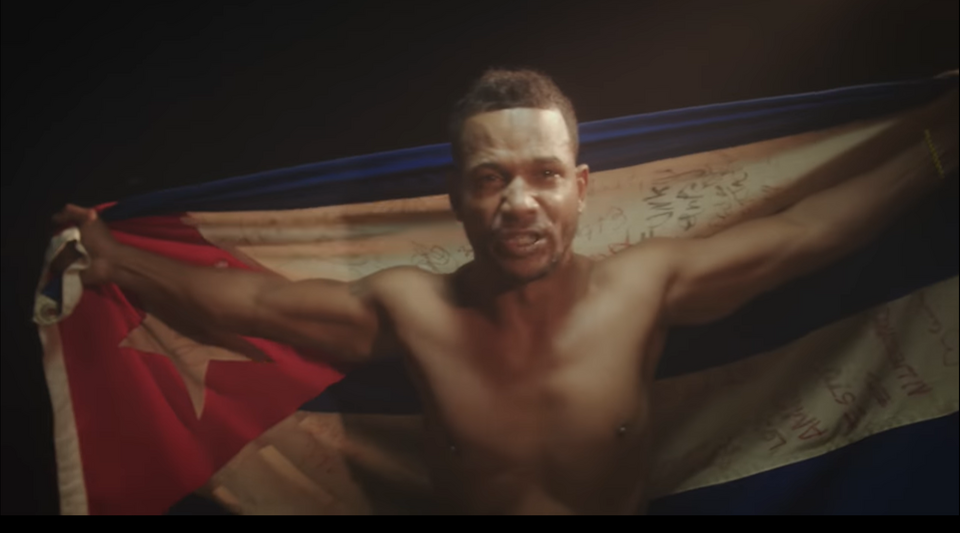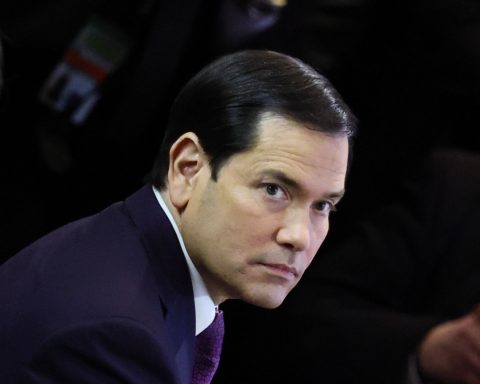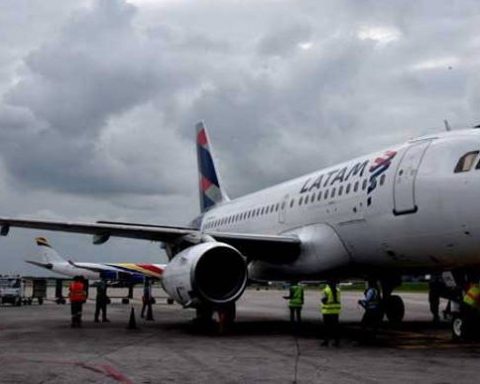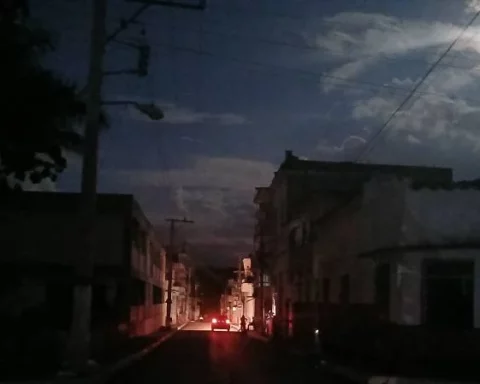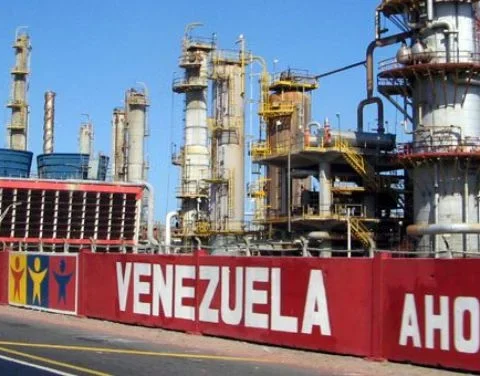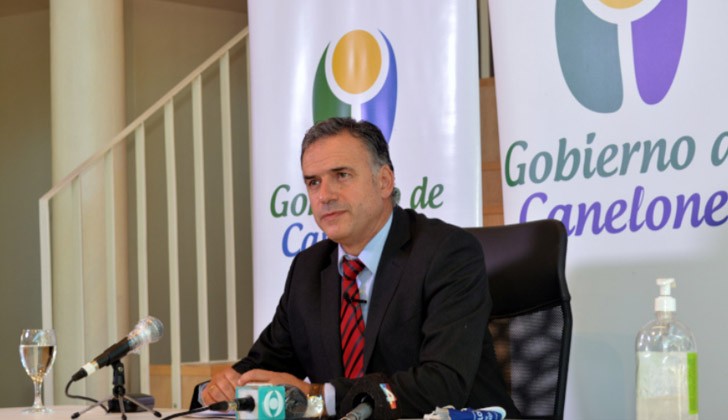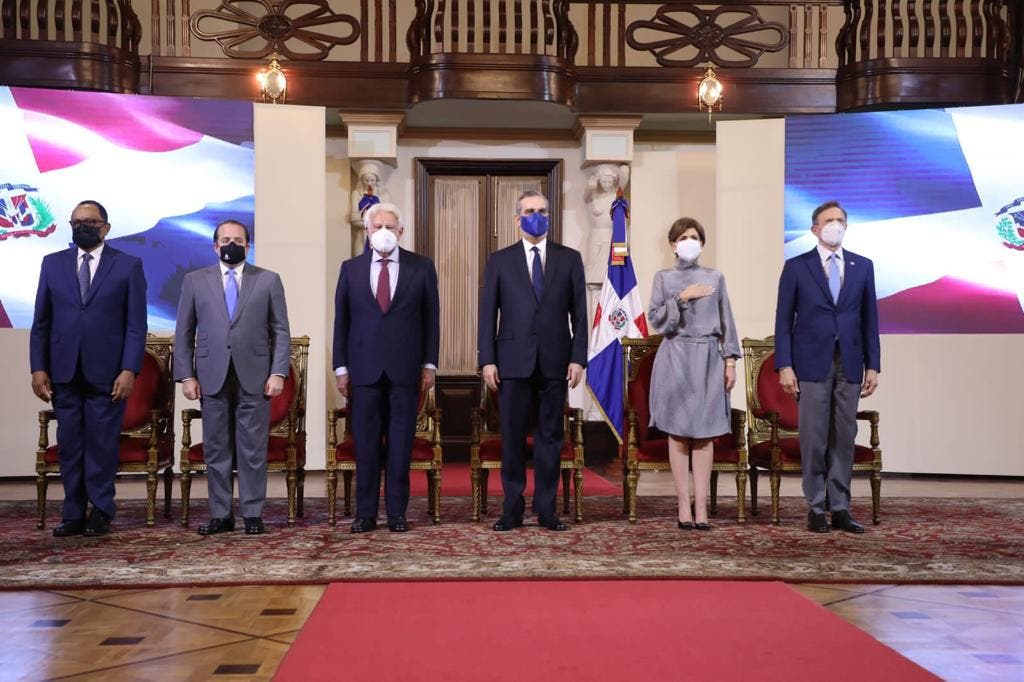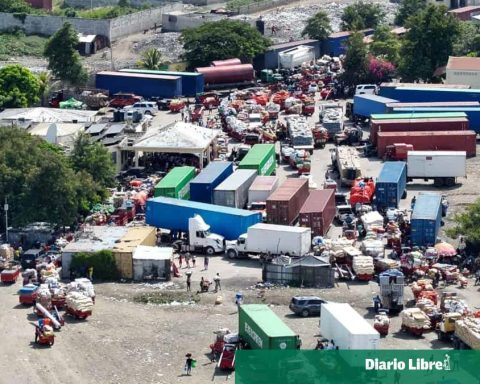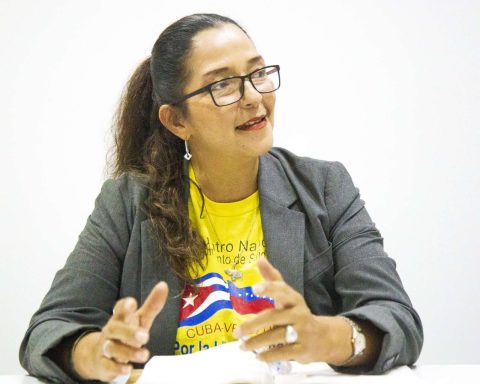The United Nations Working Group for Arbitrary Detention has asked the Cuban government to release artist Maykel Castillo “immediately” osorb determining that his imprisonment, on May 18, was arbitrary.
The UN ruling, issued on Monday and published this Wednesday by the Cuban Prisoners Defenders (CPD) organization, is forceful in its conclusions: Osorbo’s detention is not only arbitrary, but also violates up to seven articles of the Universal Declaration of Human Rights, including liberty and security (3 ), not to be discriminated against (7), to effective remedy before competent courts (8), to be heard publicly and fairly before a court under equal conditions (10) or not to have interference in private life (12).
Based on this, his imprisonment falls into four categories (I, II, III and V), which means that he was imprisoned for exercising the fundamental rights to freedom of opinion, expression and participation, that due process was not respected and who did not receive equal treatment.
“The application of vague and overly broad provisions in the present case make it impossible to invoke a legal basis to justify the detention of Mr. Castillo”
The response of the Working Group is the culmination of an arbitration process initiated by a complaint by Prisoners Defenders on July 7 and which included the allegations of the Cuban Government itself, sent to the United Nations on October 11.
“Our legal teams were able to ratify on October 25, in the letter responding to Cuba’s allegations, each and every one of the points of the complaint, leaving the arguments of the State Party unsupported,” details the NGO based in Spain. in his statement on Wednesday.
In this regard, the Working Group states in its opinion that the Cuban Government “has insisted in its response that Mr. Castillo has dismal social behavior, widely documented, and has also established the record of arrests, and convictions of which he has Mr. Castillo has been subjected to,” but that “he has not provided any support to support his assertions.”
The typification of crimes, argues the UN, “is excessively vague and too broad, since they do not clearly define the criminal activity they intend to punish.” Thus, “the application of vague and overly broad provisions in this case makes it impossible to invoke a legal basis to justify Mr. Castillo’s detention.”
Among some of the facts documented in the text, is that Castillo, “from December 14, 2019 to May 18, 2021, has been arrested 121 times” and that, in addition, “he was imprisoned for a year and a month, from September 23, 2018 to October 23, 2019”, only “for having filmed a police operation on public roads, with his mobile phone and having refused to hand it over to the police”.
“The crimes of attack, resistance, escape of prisoners and detainees and public disorder are not appropriate”
As for the arbitrariness committed by the regime, it is pointed out, for example, that the singer, one of the creators of the theme Homeland and Life, arrested on May 18 but accused of some events on April 4 –also detailed in the opinion–, he could not have a lawyer until August 13. “This means that he remained without the possibility of receiving legal advice or preparing his defense for three months, which violates international standards of protection against arbitrary detention, which determine that all persons deprived of their liberty have the right to legal assistance from a lawyer of your choice at any time during your detention, including immediately after arrest,” the document reads.
In addition, they prove that “the crimes of attack, resistance, escape of prisoners and detainees and public disorder are not appropriate”, recalling the police harassment of Castillo, “in a systematic and uninterrupted manner, without the prior commission of an alleged crime “.
The Working Group has referred the case to the special rapporteur on the promotion and protection of the right to freedom of opinion and expression, the special rapporteur on the independence of judges and lawyers, and the special rapporteur on cultural rights.
Meanwhile, it not only urges the Cuban government to immediately release Maykel Castillo, but also to “grant him the effective right to obtain compensation and other types of reparation, in accordance with international law.”
At the same time, it urges the regime, “given the recurring pattern of arbitrary detentions verified by this international mechanism for the protection of human rights in recent years,” to invite the Working Group “to carry out an official visit to the country “.
Osorbo was transferred on May 31 to the Kilo Cinco y Medio maximum security prison, in Pinar del Río, where, according to several nearby activists, he has suffered serious health problems.
________________________
Collaborate with our work:
The team of 14ymedio is committed to doing serious journalism that reflects the reality of deep Cuba. Thank you for joining us on this long road. We invite you to continue supporting us, but this time becoming a member of our newspaper. Together we can continue transforming journalism in Cuba.
